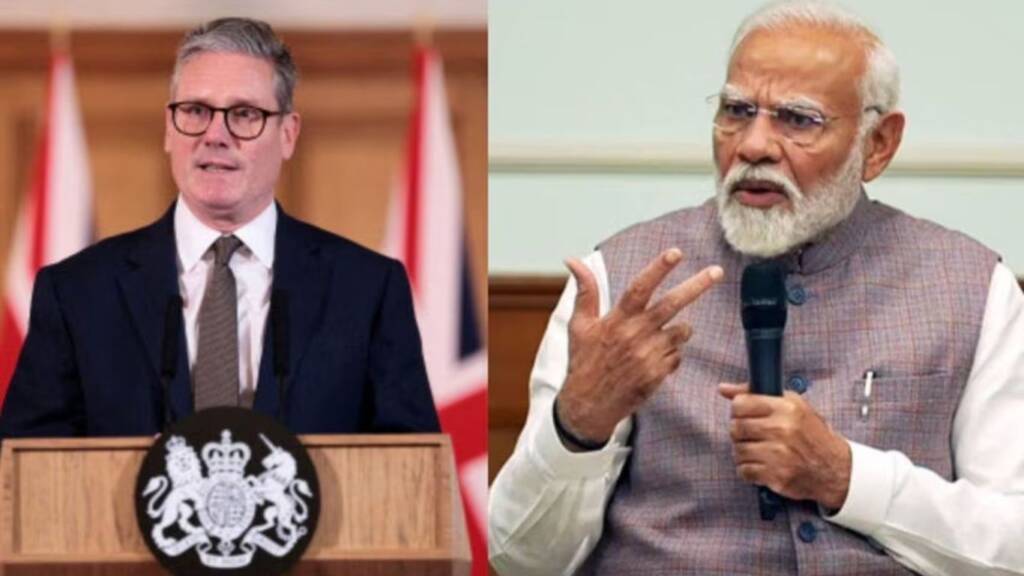According to shocking reports, the United Kingdom’s defence ministry has had to come out to refute the Indian Police’s claims that a British soldier named Jagjeet Singh was involved in recent bombings on police stations as well as conducting terrorist activities on Indian soil.
Reports indicate that according to the police-investigated documents, Jagjeet Singh and his fellow terrorist compatriots were also planning to target heads of religious sects to disturb communal harmony in the state by recruiting youth from Punjab in lieu of money and migration abroad. A case has been lodged against the accused.
The document also mentions details about Jagjeet Singh highlighting that he moved to the UK in 2010 on a student visa. He joined the British Army in 2013 after the completion of his education. He is reported to have later come into contact with with Khalistani terrorist groups in the UK.
The Punjab Director General of Police Gaurav Yadav is confident in his team’s investigation and said the matter would be taken up with the British authorities “through proper channels”. In a statement, he responded, “The information that we have put out has been gleaned through thorough investigation and interrogation of the accused who have been arrested for terrorist acts. We shall be taking up this matter with the British authorities through proper channels,”
While investigating a Pakistan-backed terrorist, Ranjeet Singh Nita, terrorist organisation Khalistan Zindabad Force (KZF), the Punjab Police found a suspect linked to a British soldier named Jagjeet Singh. The investigation revealed his identity and the role behind the bombings on police stations in Punjab.
During the investigation related to a series of bomb and IED explosions in Punjab in October and November, two separate attacks against Hindu leaders’ homes were carried out using petrol pumps. The events resumed in December when a bomb was thrown at a police post in Shaheed Bhagat Singh Nagar, which is part of Kathgarh Police Station.
Nita and Fateh Singh Baaghi claimed responsibility for all of these attacks. After an extensive inquiry, authorities discovered Jagjeet Singh’s name, who is originally from Mainpur village in Tarn Taran. The authorities have strong evidence that Singh was using the moniker Fateh Singh Baaghi to hide his true identity.
His name came up in a November 2011 investigation when it was discovered that he and others in his group intended to attack religious sect leaders in order to disrupt communal harmony in Punjab.
The Punjab Police, along with the UP police, neutralised the three Khalistan Zindabad Force terrorists during an encounter in a joint operation. Still, the threat of these kinds of terrorist attacks is looming large.
Meanwhile the UK’s Ministry of Defence communication officer Rhian Shillabeer has denied the claims and refuted the details. She claimed, “There is no one with either the name or pseudonym provided who is currently serving in the British Army. We have had no approach from Indian authorities about anyone in the Army being involved in the incident you reference in any way.”
Anti-India activities have increased multifold in many countries including the United Kingdom. Many western nations have shown avid sympathy and leeway to Khalistani terrorists in recent years, especially the US, UK and Canada. The respective governments are doing little to curb this new wave of terrorism sweeping their shores. Either they are strategically denying these activities, the way the UK defence ministry denied the identity of its ex-soldier, or they are giving cover to such anti-India terrorists under the name of freedom and democracy.
